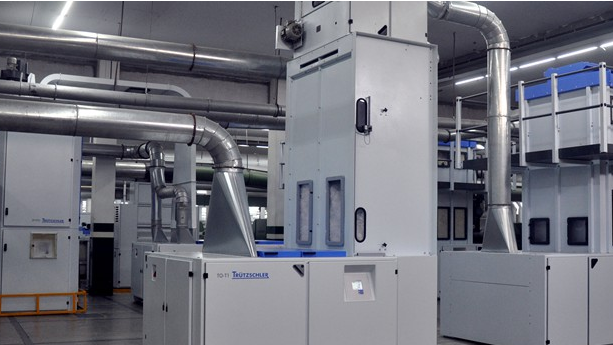High cost of doing business:
Over one million spindles capacity has closed down in the country during the last three and a half months primarily because of the unbearable high cost of doing business. According to Chairman All Pakistan Textile Mills Association (APTMA), Tariq Saud has said that all these spindles were predominantly producing exportable goods.
He said that the major cause of closure of these spindles was the unaffordable cost of energy, particularly the extra-ordinary and unjustified burden of Rs 3.63 per unit surcharges included in the electricity bills and being enforced on industry to cater for the continuing in-efficiency of the power sector.
“Such an unjustified addition of surcharges has escalated the cost of electricity to Rs 14 per unit as against the regional competitors who have to pay less than Rs 9 per unit,” he deplored. Because of unprecedented losses, majority of the textile mills are unable to pay monthly electricity bills and thus falling one after another, especially in the province of Punjab,” he added. He has apprehended further casualties of textile mills ahead, when they would receive the hefty monthly electricity bills by 20th November onwards.
Chairman APTMA said that the closing down of one million spindles means that more than one million unsold cotton bales, besides and loss of one million jobs production losses. He thus wondered as to why the government instead of improving efficiency of the power sector was bent upon closing industry through the illegal levy of surcharges on Nepra determined tariff of just Rs 9.10/unit for the industrial customers. Furthermore, he said, the whole supply chain would get disrupted amidst world-wide recession and fall of commodity prices, causing problems for local industry to compete internationally.
He said that there is an immediate need to arrest free fall of basic textile exports by lessening the high cost of doing business of this premium industry. Tariq Saud said that APTMA proposals with regard to the much-awaited textile package meant to reduce cost of doing business for the textile industry, having enormous size economic significance.
The package would held revival and growth of the textile industry, earn precious foreign exchange through merchandise exports, provide employment to the work force directly and indirectly attached with the industry. More importantly, reduce dependence on IMF for borrowing, he concluded.
We buy and sell textile machinery

Leave a Reply
You must be logged in to post a comment.